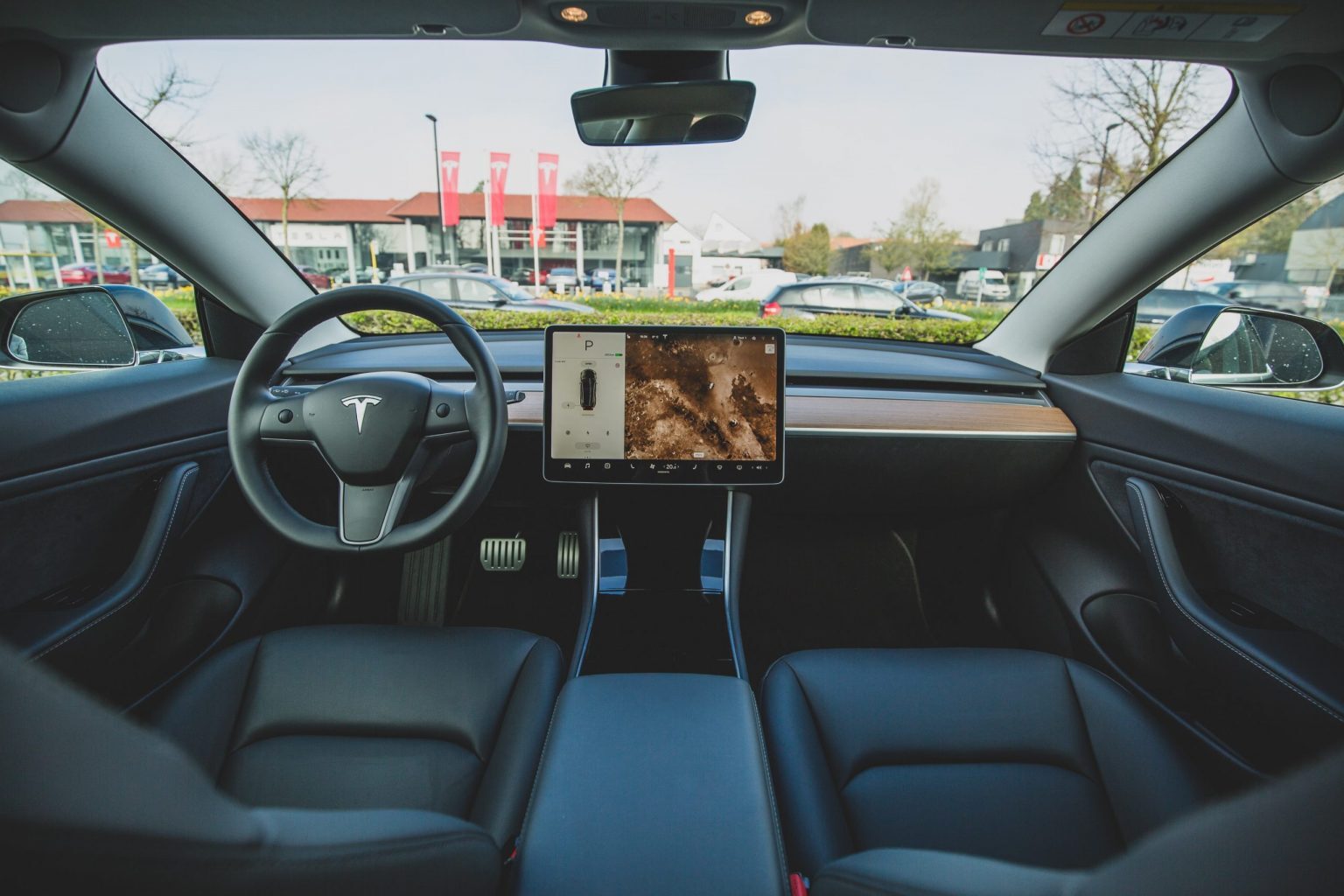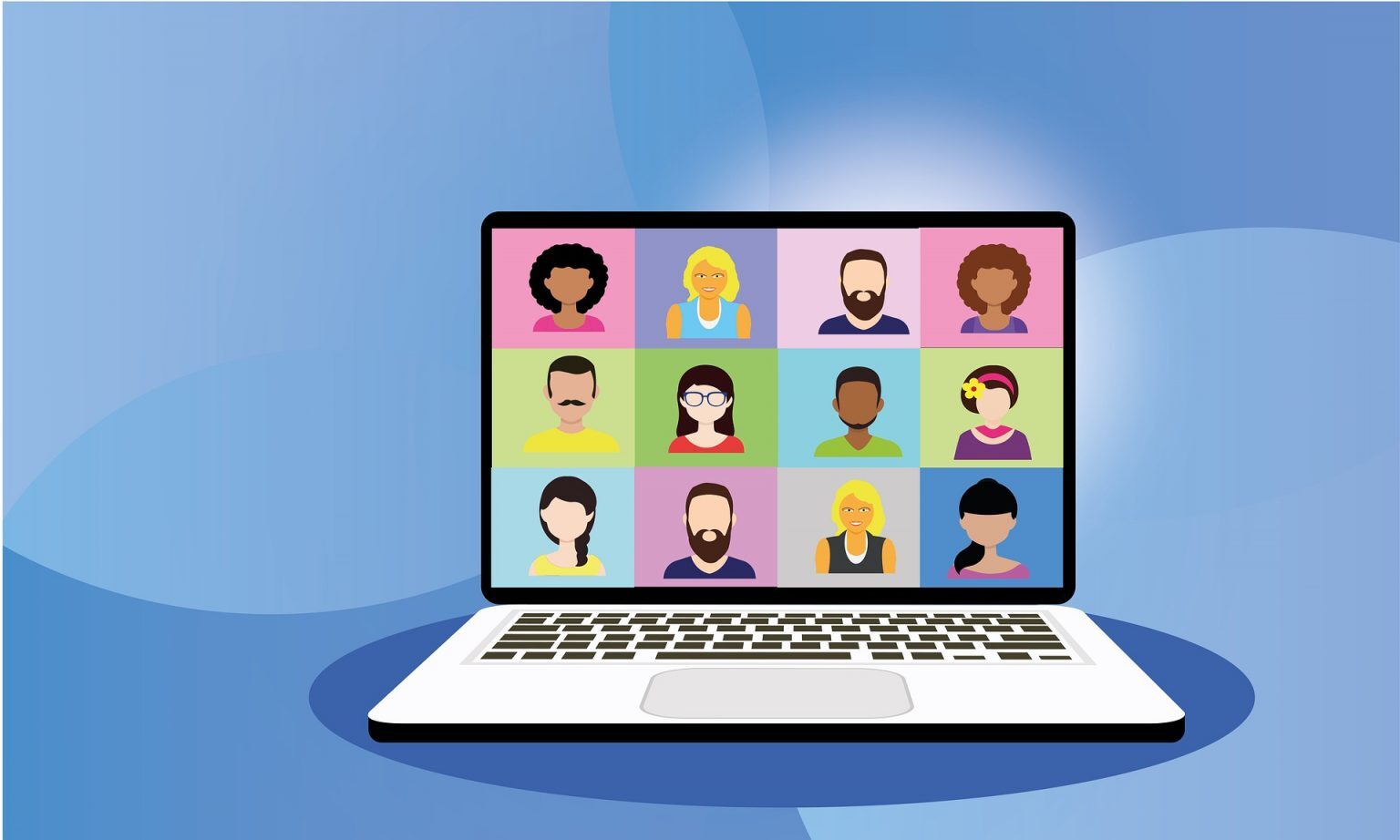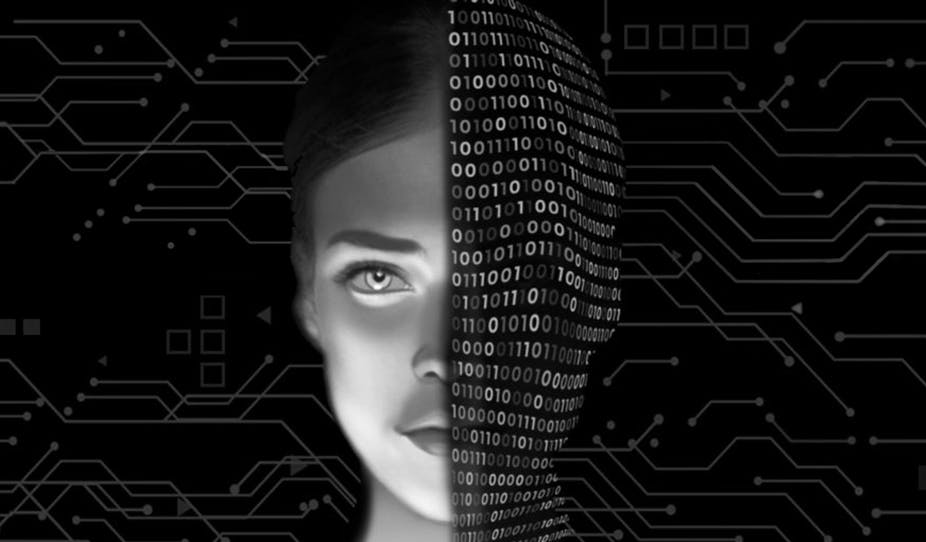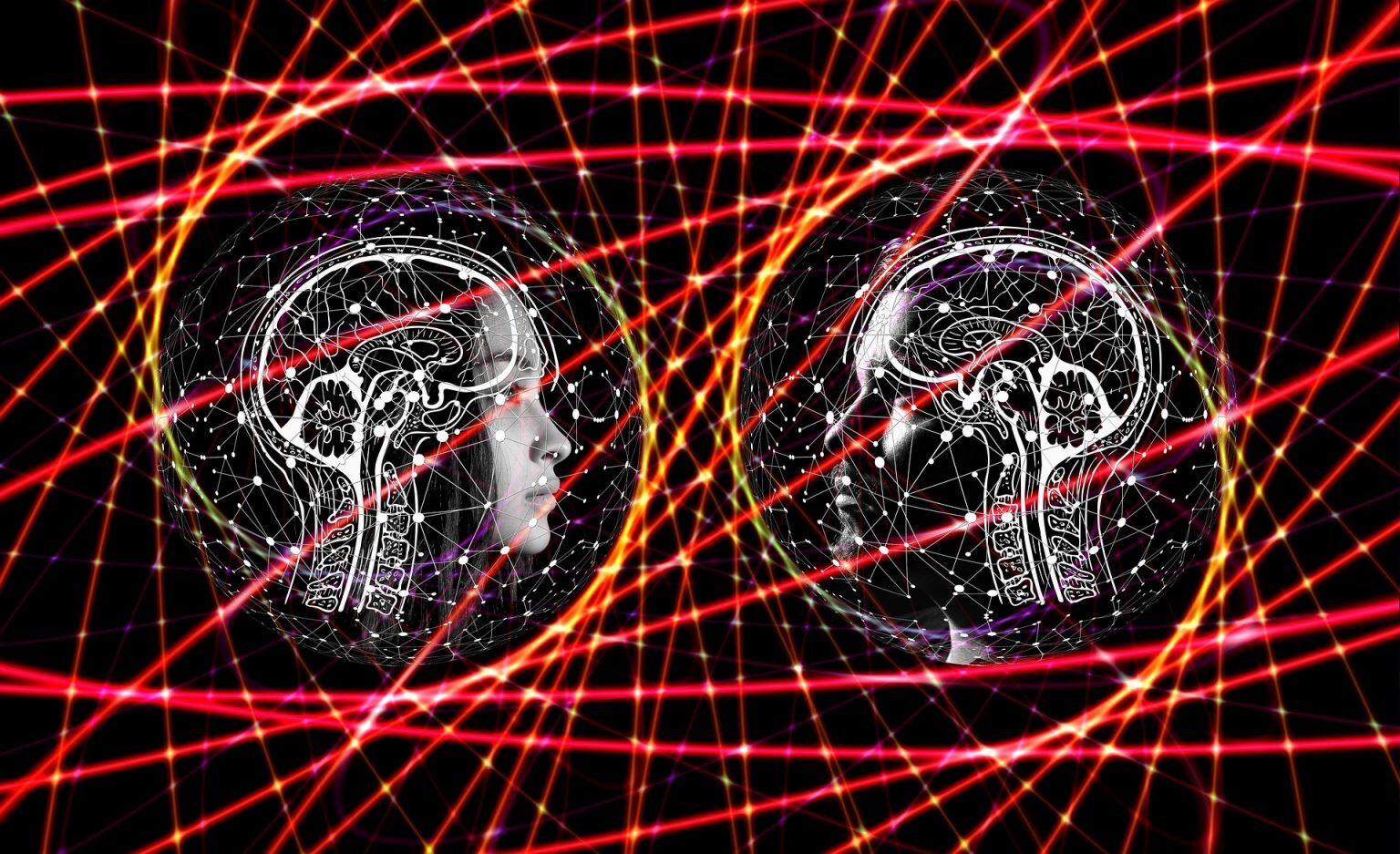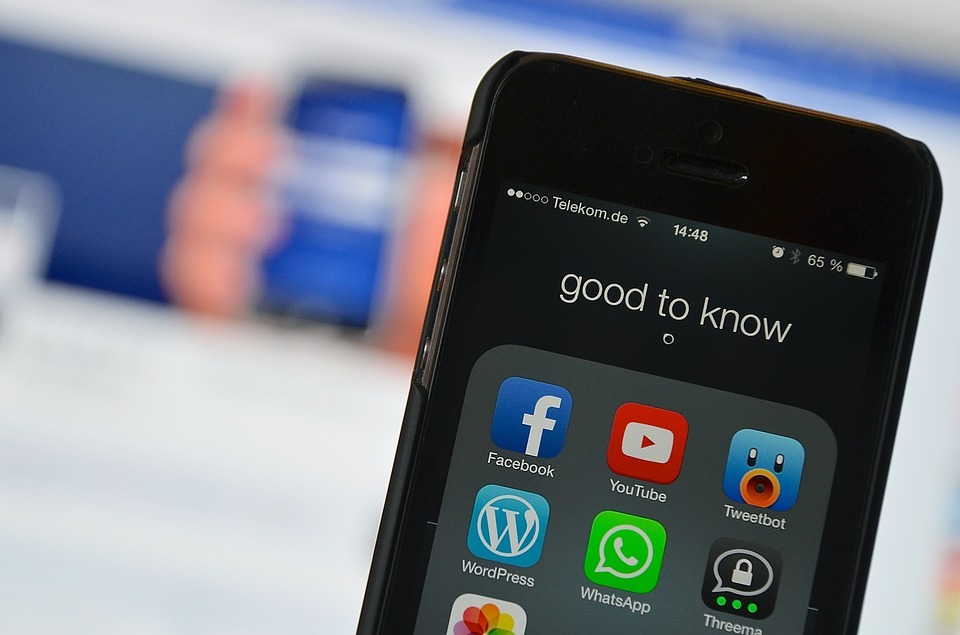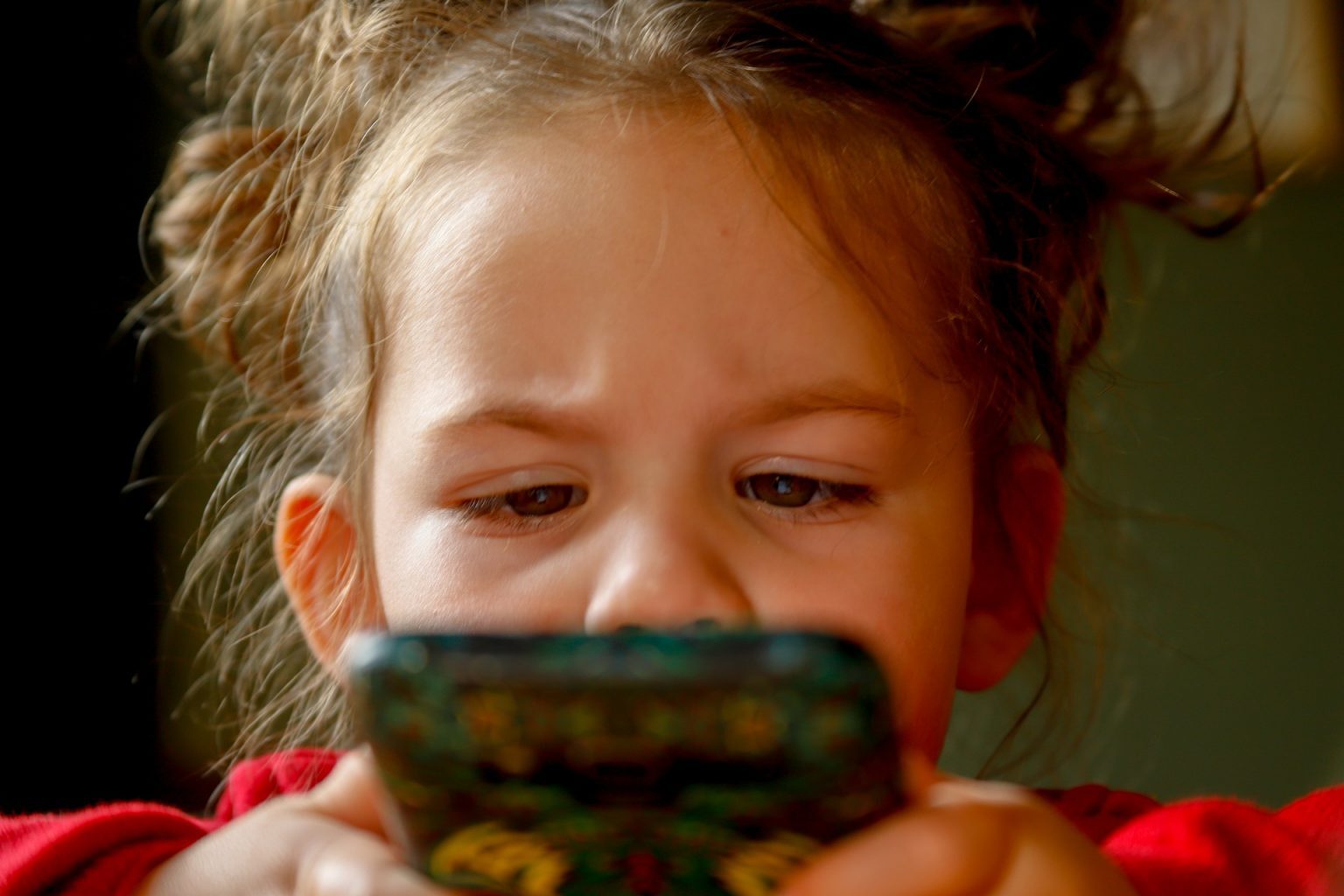History has been made on Mars: NASA’s Ingenuity helicopter just achieved the first powered and controlled flight on another planet. Ingenuity is a small, lightweight, drone-like helicopter that was carried on the Perseverance rover. They launched from Earth together in July 2020 and landed on Mars on Feb. 19, 2021. Ingenuity’s sole mission is to demonstrate that flight on another planet is feasible. In the early morning of April 19, Ingenuity spun up its rotors, climbed to a height of three metres where it hovered for about 30 seconds, performing a rotation while doing so, and then safely landed back on the…
Author: The Conversation
The recent crash of a Tesla car in the United States, in which two people died, has reignited debate about the capabilities and safety of today’s “self-driving” technologies. Tesla cars include an “autopilot” feature which monitors surrounding traffic and lane markings, and the company is currently rolling out a more advanced “full self-driving” system which promises automatic navigation, stopping at traffic lights, and more. Investigators say it appears nobody was in the driver’s seat of the vehicle when it crashed. Tesla chief executive Elon Musk has said no self-driving features were in use at the time. Nonetheless, the tragic incident has raised questions over self-driving technology:…
Feeling exhausted at the end of a long day of video-conferencing? Do your back, shoulders and mind ache after a Zoom meeting marathon? Do you miss the morning chit chat at the office’s water fountain and the face-to-face interaction with your favourite colleague? If you answered yes to any of these questions, believe me, you’re one of millions suffering from Zoom fatigue, named after the popular video-conferencing app. Recent figures in fact indicate that four in 10 remote workers report suffering from a sense of physical and mental exhaustion that accompanies the prolonged screen engagement and the lack of face-to-face interaction during the…
Imagine that you are flying a model helicopter or a drone. You are there with the auto controls. You switch them on. The rotors start to turn, gradually increasing their spin. You watch, then push the control for lift. Your helicopter rises, hovers, then at the next command moves forward. Oops, it didn’t go high enough. You quickly move the joystick and the drone rises to fly above the obstruction. Finally it’s in the air, moving at speed above sand dunes, hills and valleys – sending back pictures as the landscape unfolds. Now imagine that you are flying your drone…
Social media apps are useful sources of information. They help us catch up with the activities of friends, news, current affairs, government COVID updates and the latest happenings in celebrity and sport. But during the pandemic, you may have felt you spend too much time on social media. On occasion you may have seen the phrase “social media detox” posted by users who want to stop their social media use entirely for a period of time, presumably because they feel that it’s become excessive. With concerns about the frequency of social media use, particularly among young people, allied with language…
With the proliferation of female robots such as Sophia and the popularity of female virtual assistants such as Siri (Apple), Alexa (Amazon) and Cortana (Microsoft), artificial intelligence seems to have a gender issue. This gender imbalance in AI is a pervasive trend that has drawn sharp criticism in the media (even Unesco warned against the dangers of this practice) because it could reinforce stereotypes about women being objects. But why is femininity injected in artificial intelligent objects? If we want to curb the massive use of female gendering in AI, we need to better understand the deep roots of this phenomenon. Making the…
This year, Elon Musk’s SpaceX plans to launch the first private space mission into orbit with no professional astronauts. Billionaire entrepreneur Jared Isaacman, who chartered the trip and will command the mission, will spend two to four days orbiting Earth in the SpaceX Crew Dragon capsule, alongside three other people. While Crew Dragon’s short mission is unlikely to have much of an effect on the health of the passengers, these capsules will soon be going on much longer trips, which could have a large effect on a person’s health. Space missions decrease astronauts’ bone density by 1%-1.5% per month and weaken movement and postural muscles. Even…
Imagine you are in a job interview. As you answer the recruiter’s questions, an artificial intelligence (AI) system scans your face, scoring you for nervousness, empathy and dependability. It may sound like science fiction, but these systems are increasingly used, often without people’s knowledge or consent. Emotion recognition technology (ERT) is in fact a burgeoning multi-billion-dollar industry that aims to use AI to detect emotions from facial expressions. Yet the science behind emotion recognition systems is controversial: there are biases built into the systems. Many companies use ERT to test customer reactions to their products, from cereal to video games. But it can also be used in situations with much higher stakes, such…
Memories are often considered very personal and private. Yet, in the past few years, people have got used to notifications from social media or phone galleries telling them they have a “memory”. These repackaged versions of the past affect not just what we remember but also the attachments we have with those memories. In a new study, we found social media has the potential to change how people feel about their memories. Social media metrics such as Facebook “likes” can negatively impact how people feel about certain memories, especially if these memories are shared without getting many likes. Beyond this, the…
Gradually over the past few years, the once-ubiquitous discussions about millennials are being replaced by an interest in the new kids on the block: generation Z – or, to give them a recently assigned alias – “Zoomers”. According to most reckonings, to be genZ means you were born some time between 1997 and 2012 (although this varies depending on who you listen to – some estimates say the youngest Zoomers were born as late as 2015). GenZ is defined by the influential Pew Foundation as being: More racially and ethnically diverse than any previous generation, and they are on track to be the most…


